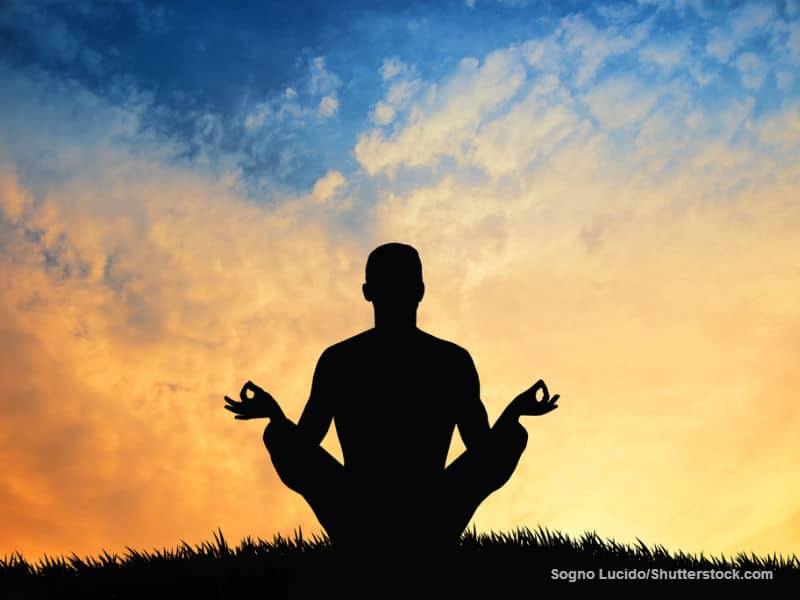Since this week [March 30th] marks the 151st anniversary of Van Gogh's birth, I'd like us all to pause for a moment and think of him. At any exhibit of his paintings, I find myself standing long and strong before his self-portraits, attracted by the aura of spiritual energy in his dissolving-and-simultaneously revealing, halo-encircled depictions, particularly (given my Buddhist leanings) the one of himself "a simple worshipper of the eternal Buddha," as he once wrote. His grizzled visage, intense stare and shaved pate remind me of myself in an earlier incarnation in this life. Then there's the famous self-portrait with his bandaged ear, which reminds me less of his lonely woes than of the Buddhist saying that while everything is flawed, "the crack is where the light comes through."
Last year I took my Buddhist students to the Boston Museum of Fine Arts' Van Gogh exhibit just to contemplate his self portraits. Many said afterwards that they didn't know art could be so spiritual, so sacred, so provocative of deep self-inquiry and authentic meditative awareness.
"Even standing with my eyes open in a small group, I felt as if I was meditating, transported almost, without trying to close out surrounding distractions," one thirty-year-old, a divinity school graduate, exclaimed.
"Viewing the self portraits felt like a combination of staring into a mirror and meditating on who and what I am," another said. "I felt like crying, laughing, praying, bowing, and wondering aloud what is the meaning of it all, all at the same time."
Why does Van Gogh speak so strongly and affect so many people from all different walks of life?
For me the answer is not only in his artwork but his voluminous correspondence, most notably with his dear brother, Theo. Through both we can track Van Gogh's longing for a better life and a better world. His continual inquiries into the nature of God and man and himself reflect a sensitive soul searching for spiritual identity - a search we all share.
"I feel that my work lies in the heart of the people, that I must keep close to the ground, that I must grasp life in its depths and make progress through many cares and troubles. I can't think of any other way. I do not ask to be free from trouble or care; I only hope the latter will not become unbearable."
Knowing and understanding the nature and causes of suffering can help us to bear it and become free from it in this very world, in this very life. Like Jesus, Buddha didn't say we need to be rid of pain and suffering, but to recognize, understand and transform it into manure on the flowering fields of spiritual growth and development.
The historical Enlightened Teacher, the Buddha himself, said: "Death is my guru. The contemplation of death and mortality is the supreme meditation. It drove me to find deathless nirvana, beyond this fleeting world of continual death and rebirth."
How well Vincent understood the truth of suffering and the immanence of death! And how hard he struggled to balance this understanding with his spiritual yearning for a sense of hope.
Two years before his death, he wrote to Theo:
"I feel more and more that we must not judge God on the basis of this world; it's a study that didn't come off. What can you do, in a study that has gone wrong, if you are fond of the artist? You do not find much to criticize; you hold your tongue. But you have a right to ask for something better. It is only a master who can make such a muddle, and perhaps that is the best consolation we have out of it, since then we have a right to hope that we'll see the same creative hand get even with itself. And this life of course, so much criticized, and for such good and even exalted reasons -- we must not take it for anything but what it is, and go on hoping that in some other life we'll see a better life than this. Is the whole of life visible to us, or isn't it rather that this side of death we see one hemisphere only?"
As a Christian and onetime evangelical pastor, Brother Vincent knew that a prophet generally garners little recognition in his own land. That knowledge did not stop him from taking his own life. His death alone and in obscurity and poverty is a harsh commentary on humanity's lack of awareness a fellow soul suffering in our midst. For me it's also a lesson, to look beyond the daily restless seeking that drives most of our lives and see the reality of pain ever present beneath our noses.
I am grateful for finding my spiritual path - a path which has offered me a route beyond the despair that captured Vincent. By striving to recognize and honor the clear light shining in others, and to see the Buddha and the divinity in everyone and everything I can (on my most enlightened days) rest in the knowledge that everything is part of the path, and everything is sacred. On his best days, by the evidence of his paintings, I suspect Van Gogh shared in this understanding.
It is from the mud and muddle of suffering that the lotus-like flowers of spiritual awakening grow. Fortunately for us, before taking himself from us, Vincent poured out both his pain and incandescent inner radiance on canvas and on page, for the betterment of us all. What better way to contribute to this world than to leave it a more beautiful place?

